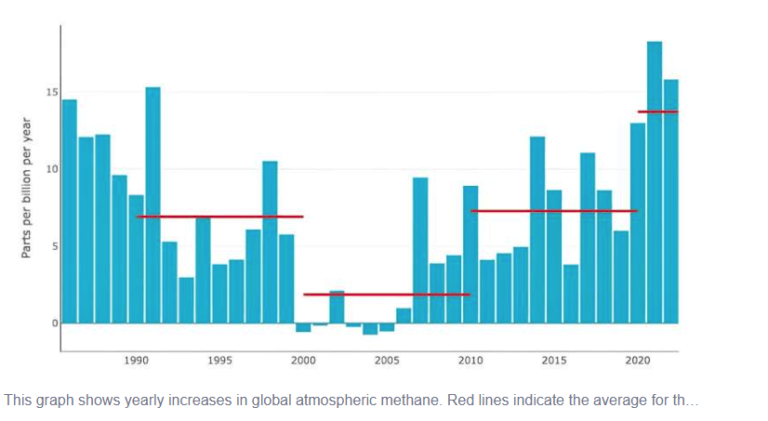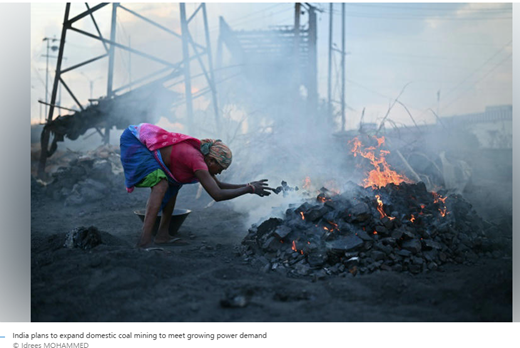Local opposition to geoengineering water experiment stops testing.

Cape Cod scientists delay controversial climate change project after feds raise concern (phys.org)
A division going to the heart of the debate over the whole ethical basis, risks and benefits of geoengineering played out in this (relatively) small scale and localised test off Matha’s Vineyard, the US North East coast.
A first stage experiment to alter the PH level of ocean water by adding sodium hydroxide would increase the ocean alkalinity for a few minutes and thereby reduce the acidity which would remove CO2 from the atmosphere into the ocean. This experiment was to be followed up by a larger scale test in the same region some time after. These are early stage experiments to monitor the environmental effects as well as potential benefits to deal with the dual problems of ocean acidification while at the same time drawing CO2 from the atmosphere and potentially reducing or slowing global warming.
The experiments were risk assessed by the US Environmental Protection Agency and found not to be harmful which had been designed and scrutinized by teams of scientists to avoid environmental or health risks. Nevertheless, both the National Marine Fisheries Service and Friends of Earth objected to the experiment, supported by fishermen in the region which resulted in the postponement of the experiments.
Whatever benefit may have arisen from the experiments in terms of improving our understanding of the effects of increasing ocean alkalinity was effectively countered by the potential risks to the marine environment although the experiment had been specifically designed to minimise those.
While the underlying debate whether humanity should deliberately alter the environment to achieve other environmental effects was not aired in the debate as reported, it does highlight the difficulties of seeking to advance a scientific understanding which may incur some marginal risk of other side effects. An that has been replicated many times over in attempts to conduct scientific experiments.
Minimising a risk of an experiment does not mean that all risks, however small, have been eliminated. Then it becomes a value decision: is the goal worth the risks involved? That is not a scientific question but raises complex questions and risk evaluation often at different scale; broader beneficial goals but localised risks. Science, does however have a key role in providing specific context related to the broader goals of mitigating the global risks of a heating planet and providing transparent risk assessment related to the specific experiment site.
In the context of geoengineering, the value question is: Are we saving ourselves from unintended consequences of humanity ‘playing god’ and impacting local communities, or depriving us ourselves of valuable tools to slow the effects of the carbon we are continuing to pump into the atmosphere? There are a range of possible answers to this question none of them simple but still essential that they are raised and properly aired. We are moving fast towards a time when the questions will have greater immediate relevance and urgency.







